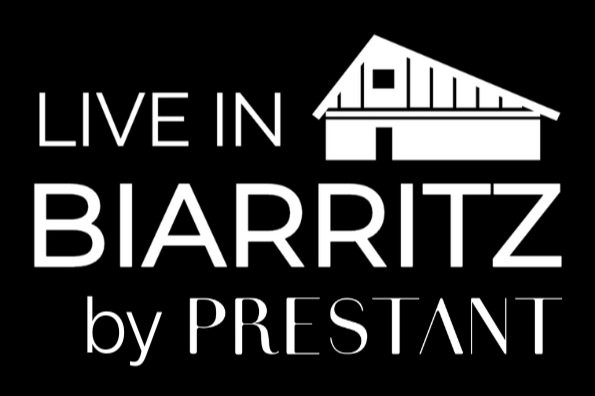How French Luxury Real Estate Differs From the Global Market (Especially the U.S.)
Luxury means different things in different parts of the world. In the U.S., luxury real estate often means excess — larger homes, flashier designs, and curated neighborhoods where everything looks polished and perfect. But in France, and especially here in the Basque Country, luxury has a different face: it’s quieter, more discreet, and deeply rooted in lifestyle.
As an American working in French luxury real estate, I’ve had a front-row seat to these differences. Here’s what truly sets the French approach apart.
1. Discretion Over Display
In the U.S., it’s common to spotlight wealth. Gated communities, manicured lawns, and architectural statements are designed to be noticed. But in France — and especially in the Basque Country — privacy is luxury.
I like to say: “In America, we put spotlights on our houses. In France, they build stone walls.”
The French luxury buyer often values discretion above display. Large gates, hidden driveways, and understated façades are more common than oversized entryways or glass walls. This mindset shapes everything — from architecture to how homes are marketed.
While an American luxury home might feature in national media or star in a drone flyover, a French villa in Biarritz might never even appear online. Off-market listings and quiet transactions are much more prevalent here.
2. Lifestyle Over Square Meters
Another key difference? How people search for homes.
In many global markets, especially the U.S., luxury buyers gravitate toward master-planned communities. Think similar styles, amenities, and homes that are often slight variations of each other — but with clearly defined levels of prestige.
In France, it’s different. Each home is unique, and lifestyle dictates the search.
Buyers are often choosing between vastly different experiences:
Living in the heart of a walkable city, steps from shops, markets, and the beach
Or enjoying an elegant countryside estate, isolated and private — but dependent on a car
Even a few kilometers can make or break a property’s appeal. In the Basque Country, for example, moving from one hill to the next can shift the value and desirability of a home dramatically.
Here, luxury is not just space — it’s proximity: to culture, nature, restaurants, and rhythm of life.
3. Simpler, More Direct Negotiations
Negotiations are another area where things diverge.
In the U.S., deals often include multiple rounds of negotiation, contingency clauses, inspection results, and even negotiations for upgrades like a new roof or appliance replacements.
In France, it’s more direct.
The price is the main topic — and it’s usually as-is. You won’t be asking for the owner to repaint the guest room or fix the plumbing. Buyers here typically factor those details into their initial offer, and once an agreement is signed, it's locked in tightly.
The process feels simpler — but also more formal. Once an offer is accepted and contracts are signed, there’s a strong legal commitment and very little wiggle room.
4. Longer Timelines, Deeper Due Diligence
In France, buying a home is a slower process — and intentionally so.
A typical property purchase takes 2.5 to 3 months or longer, largely due to the notaire system and mandatory legal delays. This often surprises international buyers who expect fast turnarounds like in the U.S., where deals can close in as little as 30 days.
This longer timeline allows for in-depth due diligence, and protects both buyer and seller legally. It’s not uncommon for buyers to take their time, revisit the home multiple times, and ensure everything is in order before signing the final deed.
For a full breakdown of the French buying timeline and process, click here to read my detailed guide.
Final Thoughts
Selling or buying luxury property in France is more than a transaction — it’s about embracing a different culture of real estate.
It’s quieter. Slower. More focused on lifestyle, privacy, and authenticity. And that’s what makes it so special.
Whether you're an international buyer looking to relocate or a seller trying to understand how your home fits into the French luxury landscape, understanding these key differences can help you approach the market with clarity and confidence.
Alex Gaines Luxury Real Estate Specialist | Partner at Prestant Luxury Realty, Biarritz
Alex’s expertise in luxury properties, coupled with Prestant’s international reach, makes us your trusted partner in high-value real estate transactions.


